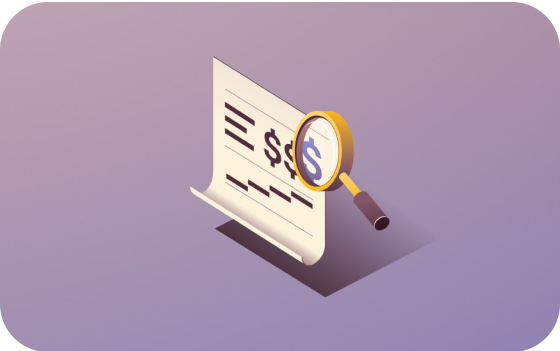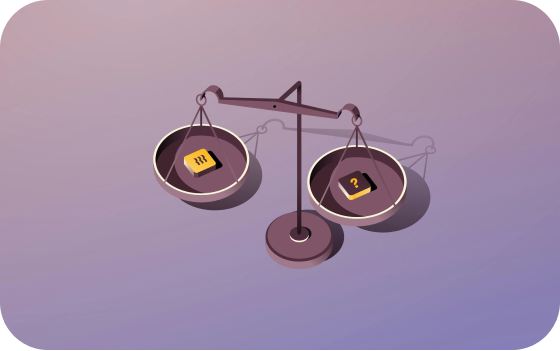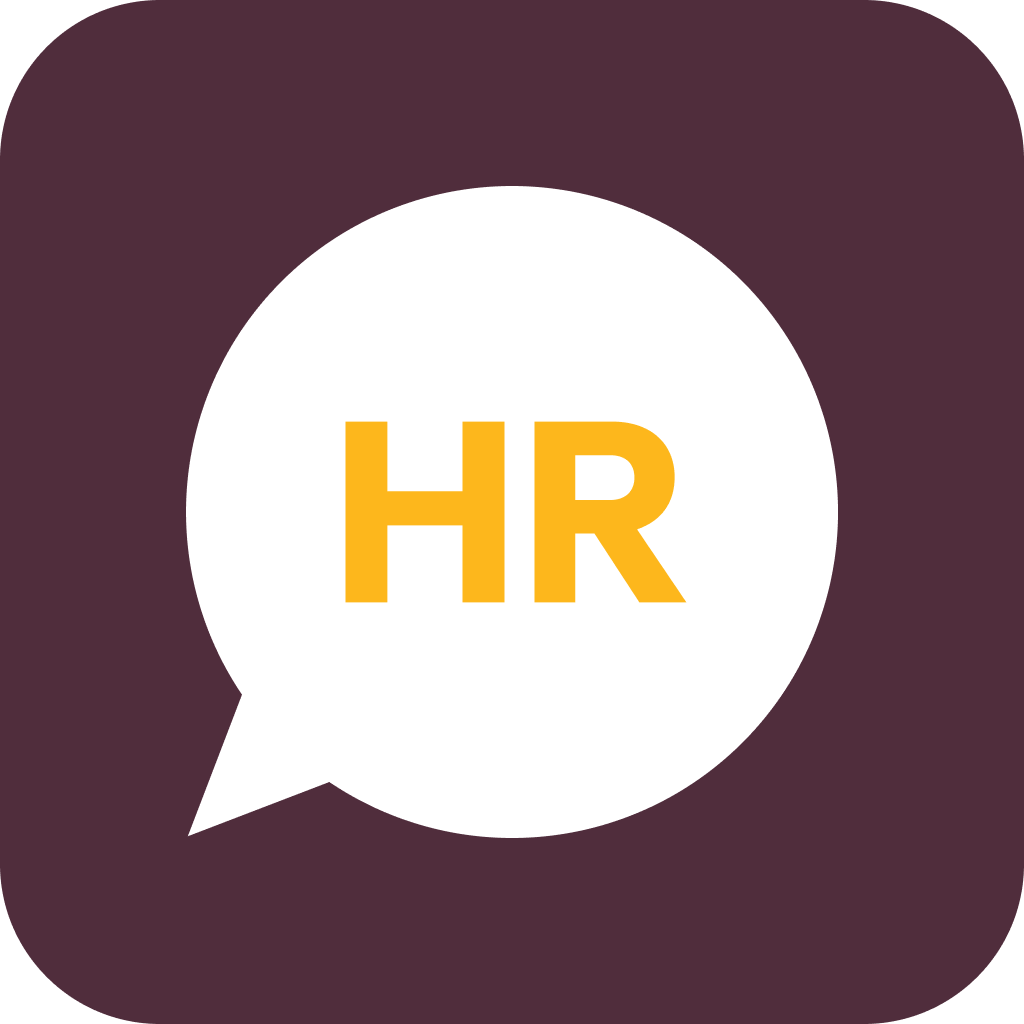A P11D is a tax form used by UK employers to report benefits and expenses provided to employees that are not included in their wages or salary, such as company cars, health insurance, or loans. It helps HMRC calculate the correct amount of tax owed on these additional benefits.
What is a P11D form used for?
A P11D form is used by UK employers to report taxable benefits in kind (BIK) they provide to employees on top of their regular wages or salaries.
These are benefits or perks that employees receive in addition to their regular pay, such as company cars, private medical insurance, or interest-free loans. The P11D form is submitted to HM Revenue and Customs (HMRC) so they can calculate the tax the employee owes on the benefits.
In some cases, employee benefits can be payrolled through the “payrolling benefits in kind” system, but if not, they are reported on a P11D. The form may also affect an employee's self-assessment tax return or the tax code they’re assigned for the following tax year.
Who gets a P11D?
Any employee or director who receives taxable benefits from their employer should receive a P11D. This applies to individuals who have received perks or benefits that are not directly included in their wages or salaries. The form helps calculate the income tax they owe on these benefits.
Who files a P11D?
It is the employer’s responsibility to file the P11D form with HMRC. They must also provide a copy to the employee so they can check the information and use it when filing their personal tax returns.
When are P11D forms due?
Employers are required to file the P11D forms by the 6th of July following the end of the tax year, which runs from April 6 to April 5. This gives both HMRC and employees enough time to prepare returns and make needed adjustments.
What information is included on a P11D?
A P11D form includes details that allow HMRC to determine how much tax is due on benefits an employee received throughout the tax year, including the value of the benefits, the cash equivalent (if applicable), and how these figures were calculated.
The form also includes spaces for reporting specific types of taxable benefits, described below.
Types of benefits reportable on a P11D
The following are common benefits that are reportable on a P11D:
- Credit cards provided by the company
- Vouchers or gifts
- Subscriptions to clubs or professional bodies
- Interest-free loans from the employer
- Mileage allowance for personal vehicle use
- Childcare benefits not exempt from tax
- Gym memberships paid by the employer
- Private medical insurance
- Rail season tickets (including season ticket loans) provided as a benefit
P11D exemptions
Certain benefits and expenses—including business travel, entertainment, fees, and subscription—are exempt from being reported on a P11D form. These are not taxable and don't need to be included on the form as long as they meet the required criteria set by HMRC.
P11D and taxes
The P11D form plays a crucial role at tax time.
Does the P11D form affect National Insurance contributions?
Yes, the P11D form does affect National Insurance contributions (NICs), but not for the employees. Employees don’t pay NICs on benefits reported on a P11D. Instead, employers are required to pay NICs on most taxable benefits. The total value of the benefits is used to calculate the NICs owed by the employer.
Who pays P11D tax?
Employees are required to pay tax on the benefits reported in their P11D form. This tax is generally collected through adjustments to their tax code or via a self-assessment tax return. Employers, on the other hand, are responsible for paying the Class 1A NICs on the value of the benefits.
How is P11D tax calculated?
The P11D tax is calculated based on the value of the benefits provided, also known as the cash equivalent. Each benefit is assigned a taxable value, which is added to the employee's overall income for the year. The employee then pays tax on this total income according to their tax bracket.
How to file a P11D form
Employers can file a P11D form online through PAYE Online Service or using payroll software that is compatible with the service. Manual filing on paper is no longer accepted.
Frequently asked questions about P11D forms
P11D vs. P11D(b)
The P11D form reports the taxable benefits provided to employees, while the P11D(b) is used by employers to declare how much they owe in Class 1A National Insurance contributions (Class 1A NICs) on those benefits. Employers are required to submit both forms to HMRC to ensure compliance with tax laws and NIC obligations.
Do self-employed workers need to file a P11D?
No, self-employed workers, also known as freelancers or sole traders, do not need to file a P11D. These forms are for employees who receive benefits from their employer. Self-employed individuals report their income and business expenses through the self-assessment process instead.
Do business expenses get reported on P11D forms?
Business expenses that are incurred solely for work purposes and meet specific criteria set by HMRC do not need to be reported on a P11D form. However, if expenses are considered personal benefits or perks, such as personal travel or non-business-related entertainment, they must be reported.
Rippling and its affiliates do not provide tax, legal, or accounting advice. This material has been prepared for informational purposes only, and is not intended to provide, and should not be relied on for, tax, legal, or accounting advice. You should consult your own tax, legal, and accounting advisors before engaging in any related activities or transactions.









































































































